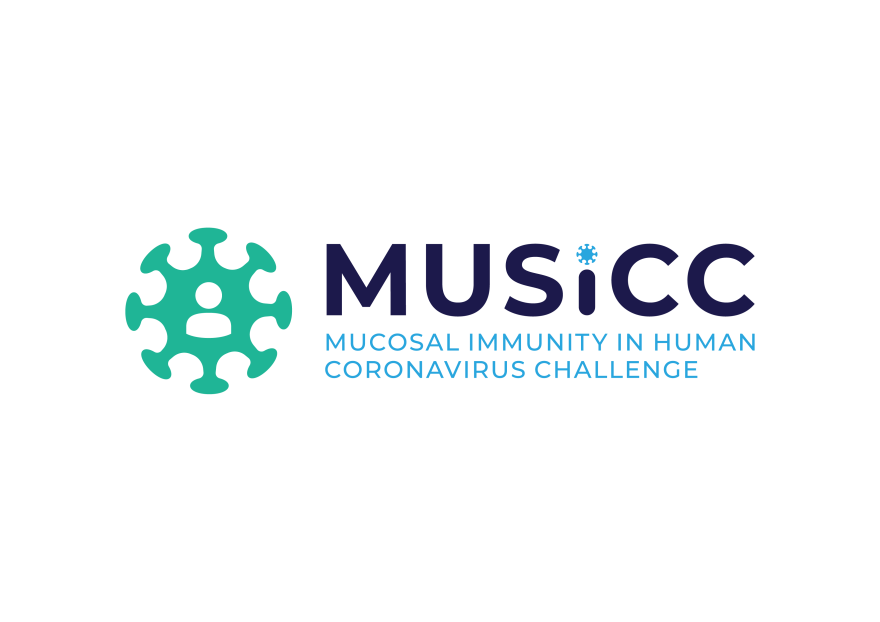While current vaccines are effective against severe COVID-19, SARS-CoV-2 continues to spread globally causing recurrent symptomatic disease. This is driven by the emergence of novel SARS-CoV-2 variants that have evolved increased transmissibility and alterations in antigenicity. Existing vaccines have been unable to prevent ongoing virus transmission resulting in relatively high prevalence of infection. This continues to drive further viral evolution and may result in dangerous new variants.
The MusICC consortium is a USD $50 million global network of investigators co-funded by the Coalition for Epidemic Preparedness Innovations (CEPI) and the European Union, to use a human challenge model to test COVID-19 vaccines.
The Infection Analytics program is leading the analytics work package, which will use statistical and modelling tools to establish correlates of protection, prioritising correlates that may reduce virus transmission and provide cross protection across strains. The consortium will test the efficacy of the next-generation mucosal COVID-19 vaccines to induce viral-blocking mucosal immunity and reduce transmission of the virus, using data from controlled human infection studies.
The Infection Analytics Program will work with other consortium members to analyse data from SARS-CoV-2 controlled human infection studies. This aims to identify novel immune mechanisms (correlates of protection) that protect from COVID-19 infection and transmission. In collaboration with Alexandra Hogan (UNSW SPHCM) we will model the effects of improved vaccines on the population spread of infection, and the consequences of a reduction in severe disease.
Validated correlates of protection from virus transmission and reduced virial load will support the licensure of novel vaccine platforms, leading to increased individual and population protection from COVID-19 infection. Reduced prevalence of COVID-19 will further reduce the likelihood of the emergence of potentially dangerous novel variants of concern. The results will also advance transmission-reducing vaccines for future novel variants of other pathogens and new pandemic viruses.
The MUSICC consortium comprises 20 partners from Europe, USA, and the Asia-Pacific. The lead organisation is Imperial College London, and the chief investigator is Christopher Chiu.
Key collaborators on the data science elements include:
Co-funded by Coalition for Epidemic Preparedness Innovations (CEPI) and the European Union.


